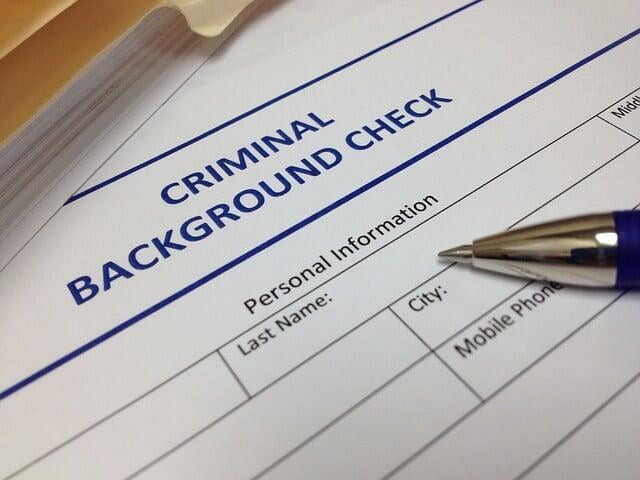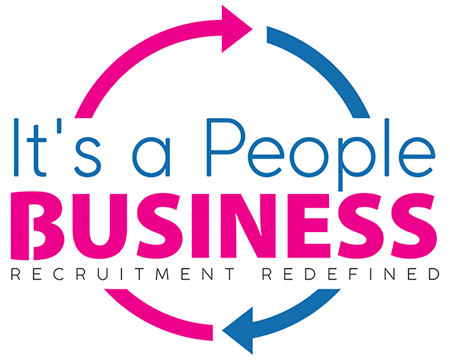
As companies aim to hire top talent, it is crucial to conduct effective background checks to ensure that the right candidate is selected for the job. Background checks involve a variety of processes, from verifying an individual's educational and professional credentials to checking their criminal record and credit score. Conducting such checks is an important step for any employer who wants to avoid potential legal troubles and safeguard their organisation against unethical or unsuitable hires.
However, it is important to conduct background checks in a professional and lawful manner. With a wide range of online databases and technologies available, it can be tempting to take shortcuts or overlook certain aspects in the process. This can often lead to negative consequences for both the employer and the candidate.
Read More: Mastering Talent Acquisition: Strategies and Best Practices for Recruiting Top Candidates
Therefore, in this blog post, we will dive into the best practices for conducting effective background checks. This includes understanding the different types of background checks available and which ones are relevant for certain roles, obtaining proper consent from candidates, identifying red flags, and maintaining data security and compliance with regulations. By following these best practices, employers can ensure that the background check process is accurate, secure, and compliant. Furthermore, employers should ensure that any information obtained from a background check is kept confidential, to protect both the candidate and the company. Additionally, employers should be aware of any applicable laws, such as the Fair Credit Reporting Act, and ensure that their background checks are in compliance with all applicable regulations. Finally, employers should keep records of all background checks, to ensure that the process is properly documented.
1. Develop a clear and consistent background check policy
1. Develop a clear and consistent background check policy
Read More: The Future of Work: Predictions for Online Recruitment in the Next Decade
Background checks are an essential component of hiring and maintaining a safe and productive workplace. In order to conduct effective background checks, it is important to develop a clear and consistent policy. This policy should outline the types of checks that will be conducted, the circumstances under which they will be conducted, and how the results will be used in the hiring process. A Clear policy helps ensure that all candidates are treated fairly and equally, and that there are no surprises or inconsistencies in the hiring process. Consistency in background checks also helps to minimise the risk of legal challenges or discrimination claims. As part of your policy, you should also be sure to comply with all relevant laws and regulations. By developing a clear and consistent policy, you can help to ensure that your background checks are effective and conducted in a legally compliant and ethical manner.
2. Obtain written consent from the candidate to conduct the check
2. Obtain written consent from the candidate to conduct the check

One of the best practices in conducting effective background checks is to obtain written Consent from the candidate before conducting any checks. This is not only a legal requirement in many jurisdictions, but it also helps in building trust and transparency with the candidate. By obtaining written consent, the candidate is aware of what checks will be conducted and can ask any pertinent questions upfront. This also helps in avoiding any confusion or misunderstanding that may arise later on regarding the nature and scope of the background checks. It is important to ensure that the consent is always obtained in writing and signed by the candidate, as verbal consent is not always legally enforceable in some jurisdictions. Additionally, it is necessary to inform the candidate of their right to access any information found during the background check and to dispute any inaccuracies.
3. Use reliable and reputable sources for background information
3. Use reliable and reputable sources for background information

When conducting background checks, it is essential to use reliable and reputable sources for collecting background information. While the process of gathering background information can be time-consuming, the accuracy and completeness of the information are worth the investment. Relying on sources that do not have a reputation for accuracy or reliability can lead to incomplete, misleading, or even false information. Some organisations may be tempted to cut corners and use cheaper, less reliable background screening services, but this can ultimately lead to costly mistakes in the hiring process, as well as legal issues. By utilising reputable sources for background information, like government databases or professional background screening companies, organisations can ensure that they have access to accurate, complete, and up-to-date information that will help them make informed decisions about potential hires. Overall, using reliable and reputable sources for background checks is a crucial best practice that organisations should prioritise for their hiring processes.
Read More: Mastering the Main Stages of Any Recruitment Discussion: A Practical Guide for Employers
4. Follow all applicable laws and regulations regarding background checks
4. Follow all applicable laws and regulations regarding background checks

Conducting proper and thorough background checks is essential to ensuring the safety and security of your organisation's employees, customers, and overall reputation. As you begin this process, it is critical to remember that following all applicable laws and regulations is not only ethical, but also legally mandated. Stay up-to-date with all changes within laws, regulations, and guidelines and modify your policies as needed to maintain compliance. A comprehensive understanding of the legal framework surrounding background checks will help safeguard your organisation against liability and prevent any potential lawsuits or penalties. Ultimately, by adhering to best practices and placing emphasis on compliance, you can maximise the effectiveness of your background checks while minimising potential legal risks.
5. Ensure the privacy and security of the candidate's personal information.
5. Ensure the privacy and security of the candidate's personal information.

When conducting background checks on potential candidates, it is crucial to ensure that their privacy and security are respected. This includes maintaining strict confidentiality throughout the entire process, such as securely storing any personal information collected during the background check. Additionally, it is important to use a secure platform to conduct the investigation and communicate any findings to relevant parties. Any information gathered during background checks should only be shared with individuals who have a legitimate need to know, such as hiring managers or human resources personnel. Taking these steps can help maintain the trust of candidates and ensure their personal information remains secure. Ultimately, prioritising privacy and security can also help protect the employer's reputation and avoid any potential legal issues related to mishandling personal information.
Conclusion
In conclusion, conducting effective background checks is a crucial part of any hiring process. By implementing best practices such as obtaining written consent, verifying credentials, and having a consistent screening process, employers can ensure they are making informed decisions and protecting their organisations from potential harm. In addition, they can also provide a safe and secure work environment for their current employees. Taking the time to conduct thorough and effective background checks can ultimately lead to better hiring decisions and a stronger workforce.
Read More: The Benefits of Working with a Flat Fee Recruiter
If you are interested in learning more about how to conduct effective background checks, or if you need assistance with your organisation's screening process, please consider reaching out to It's a People.Business. Their team of experts can provide guidance and support to ensure that your hiring process is thorough and compliant with applicable laws and regulations. Don't hesitate to take the necessary steps to protect your organisation and your employees - contact It's a People.Business today.
